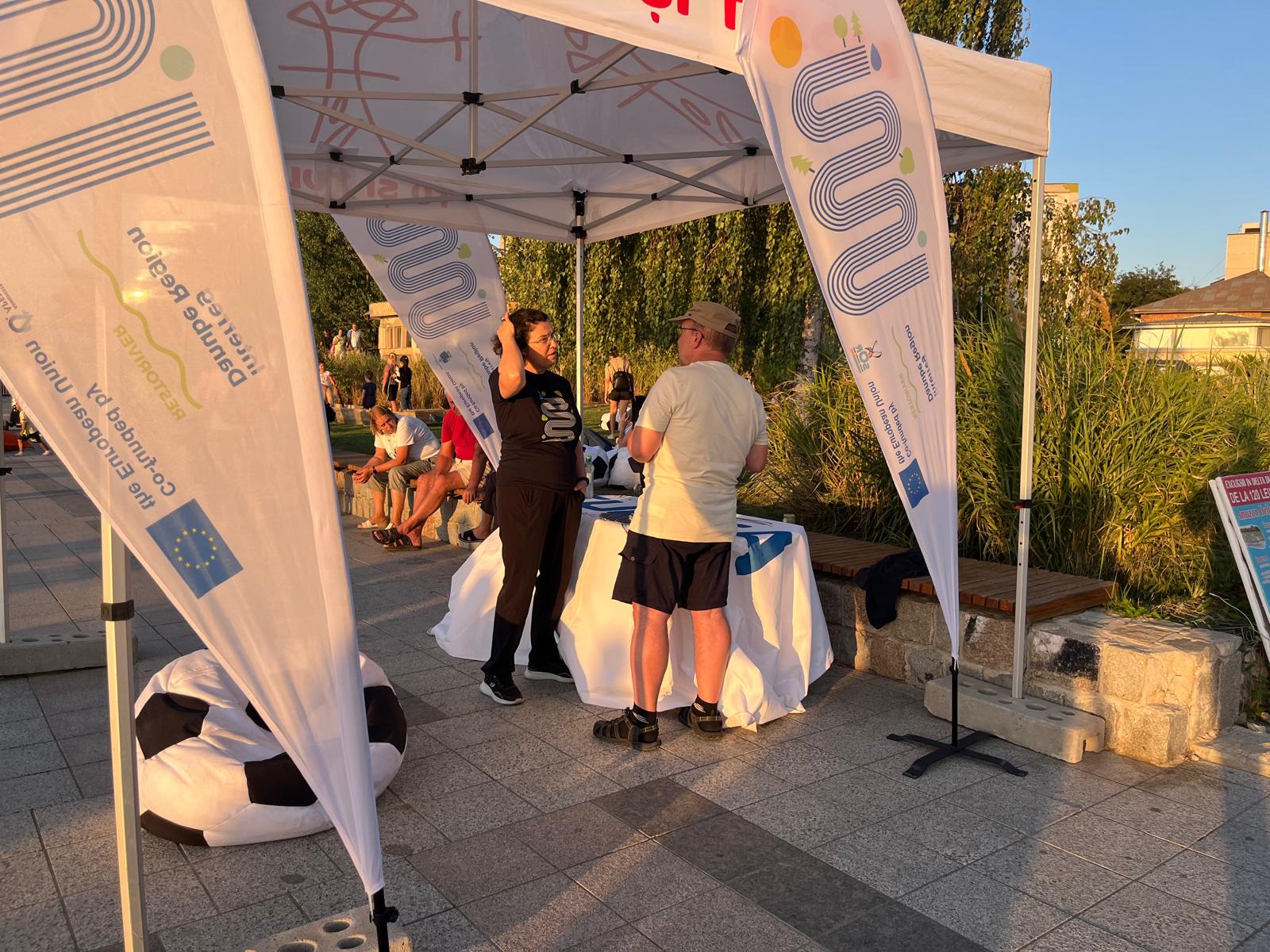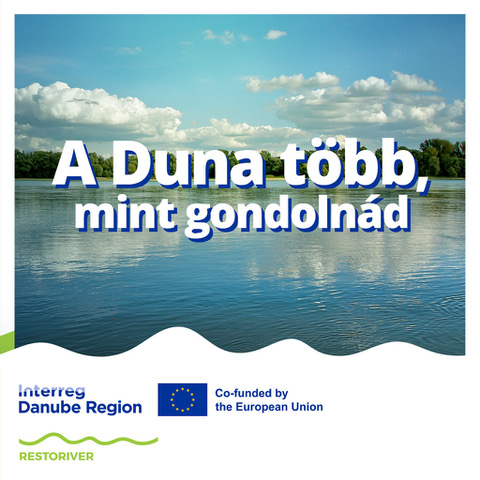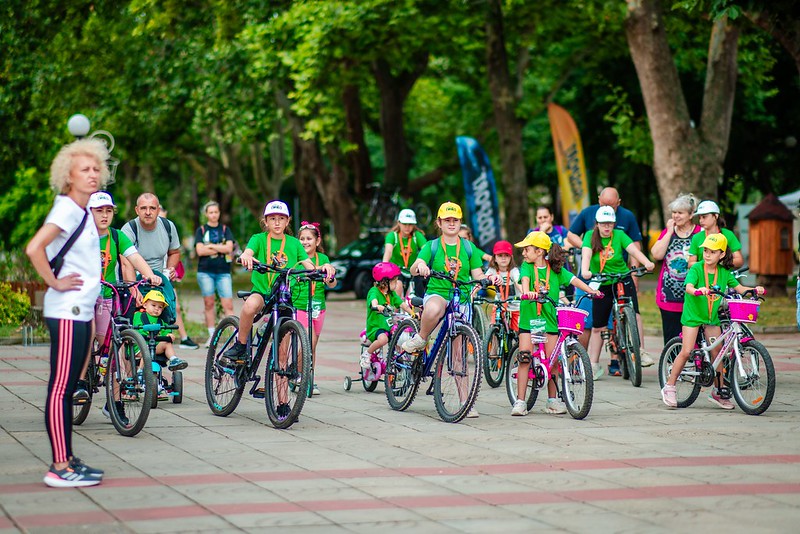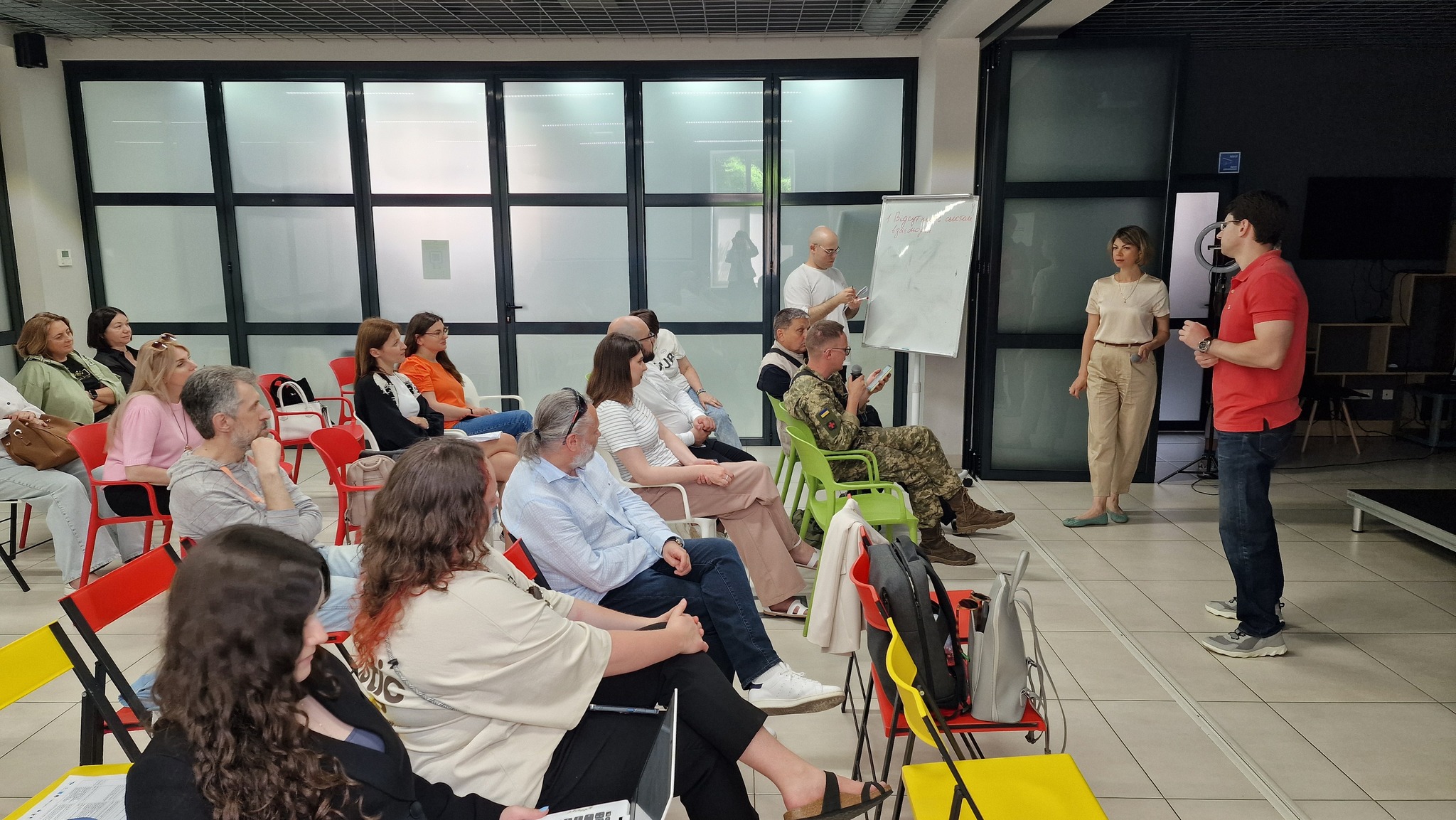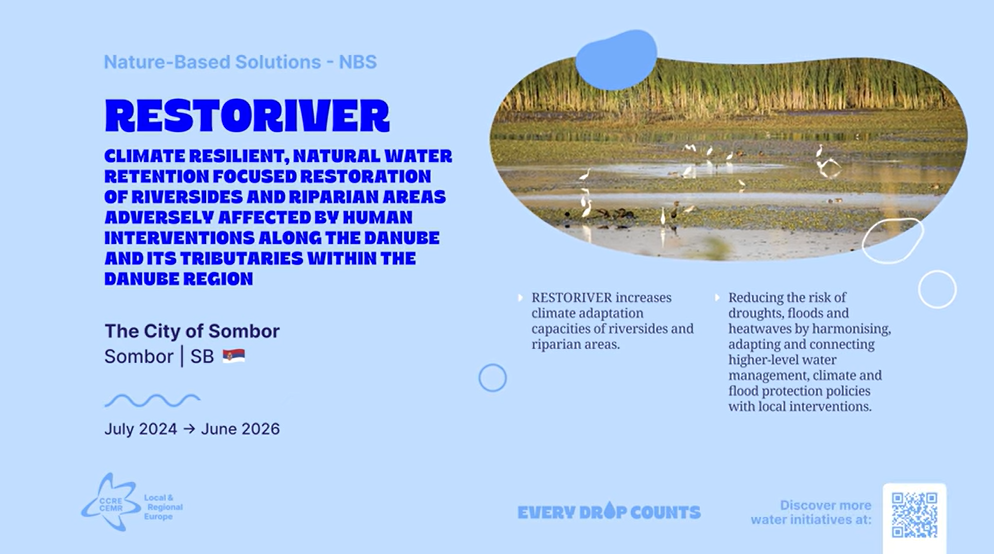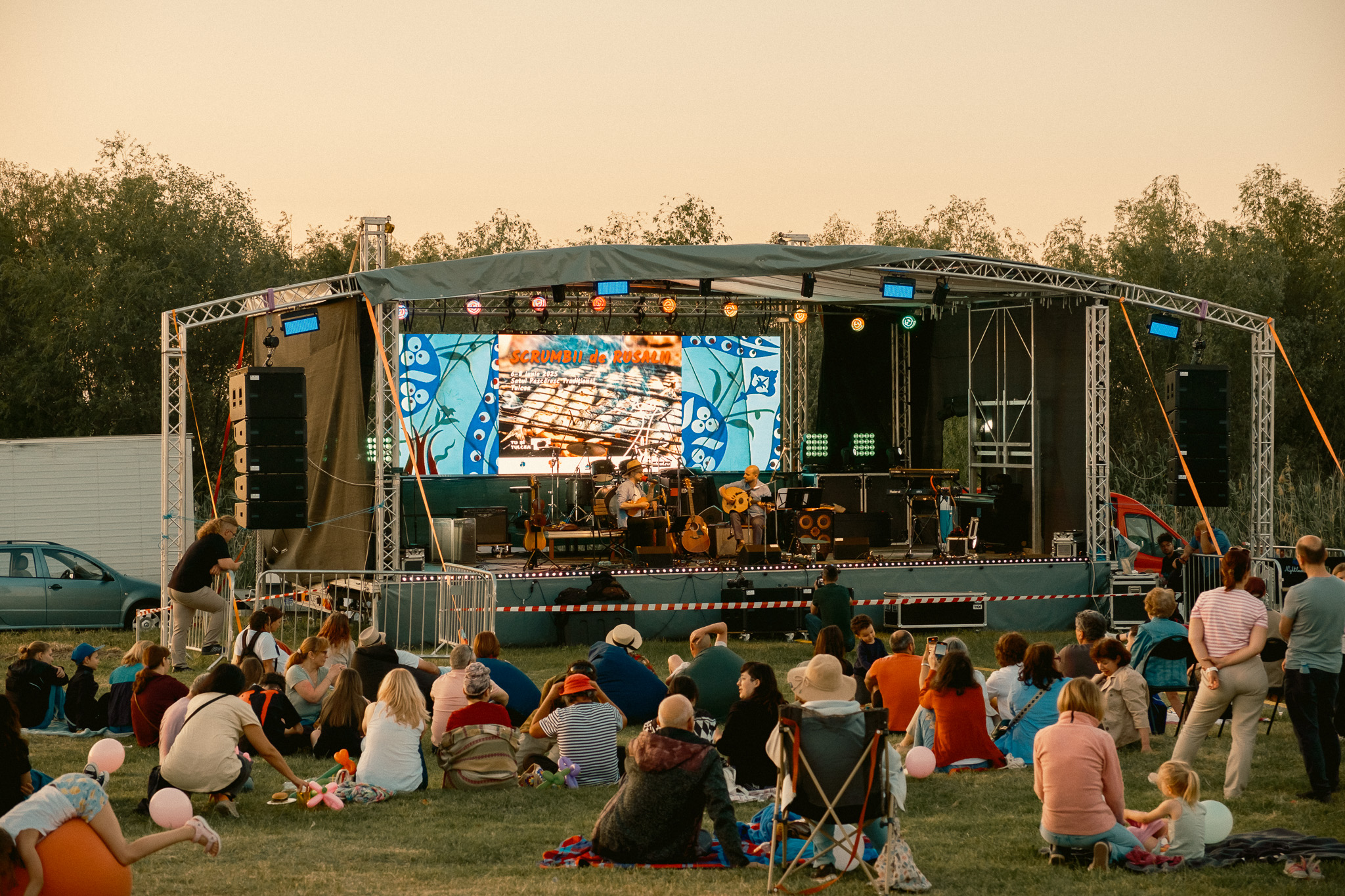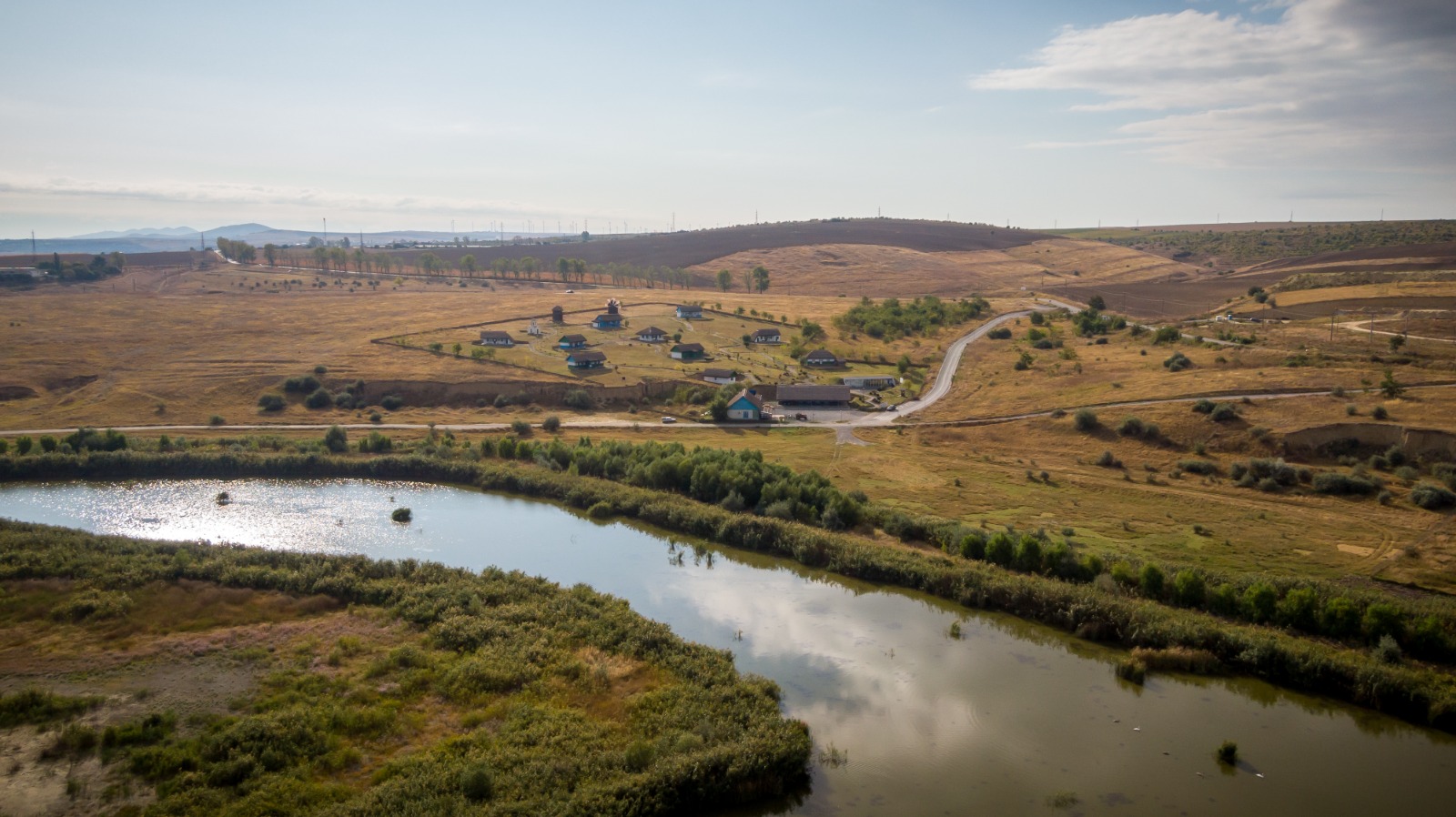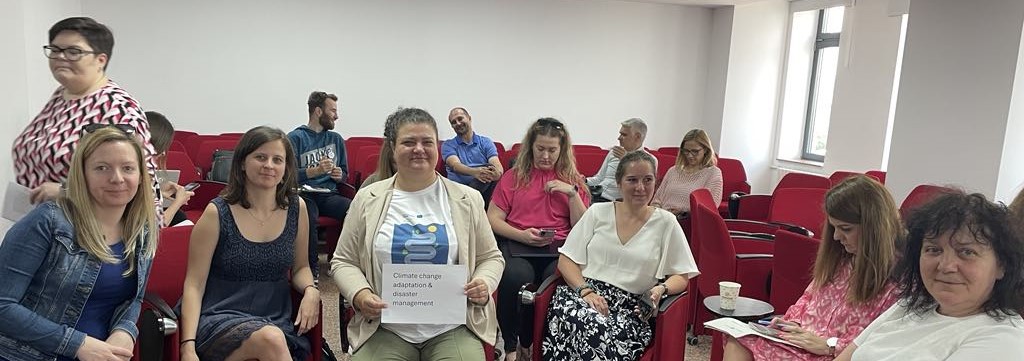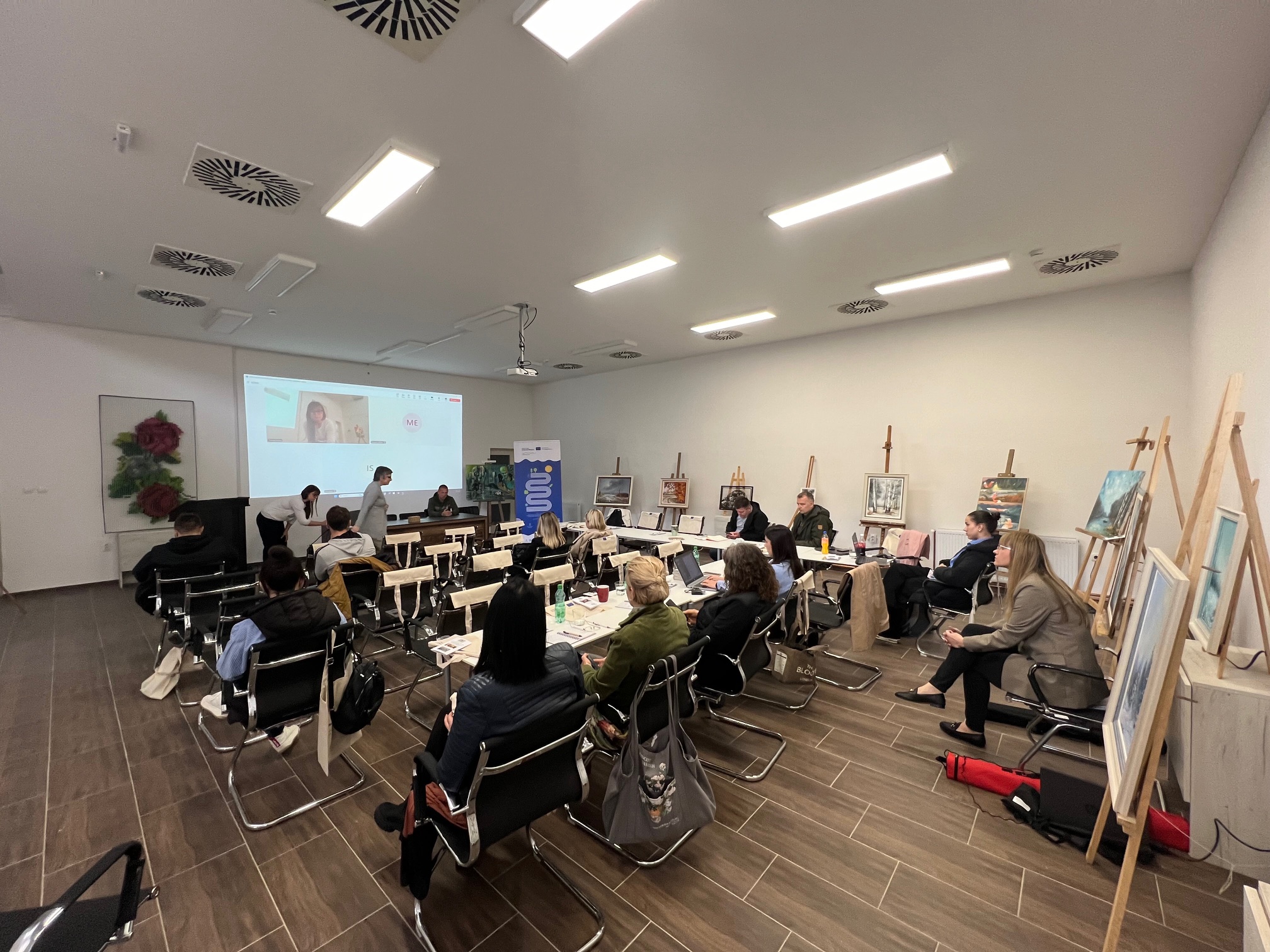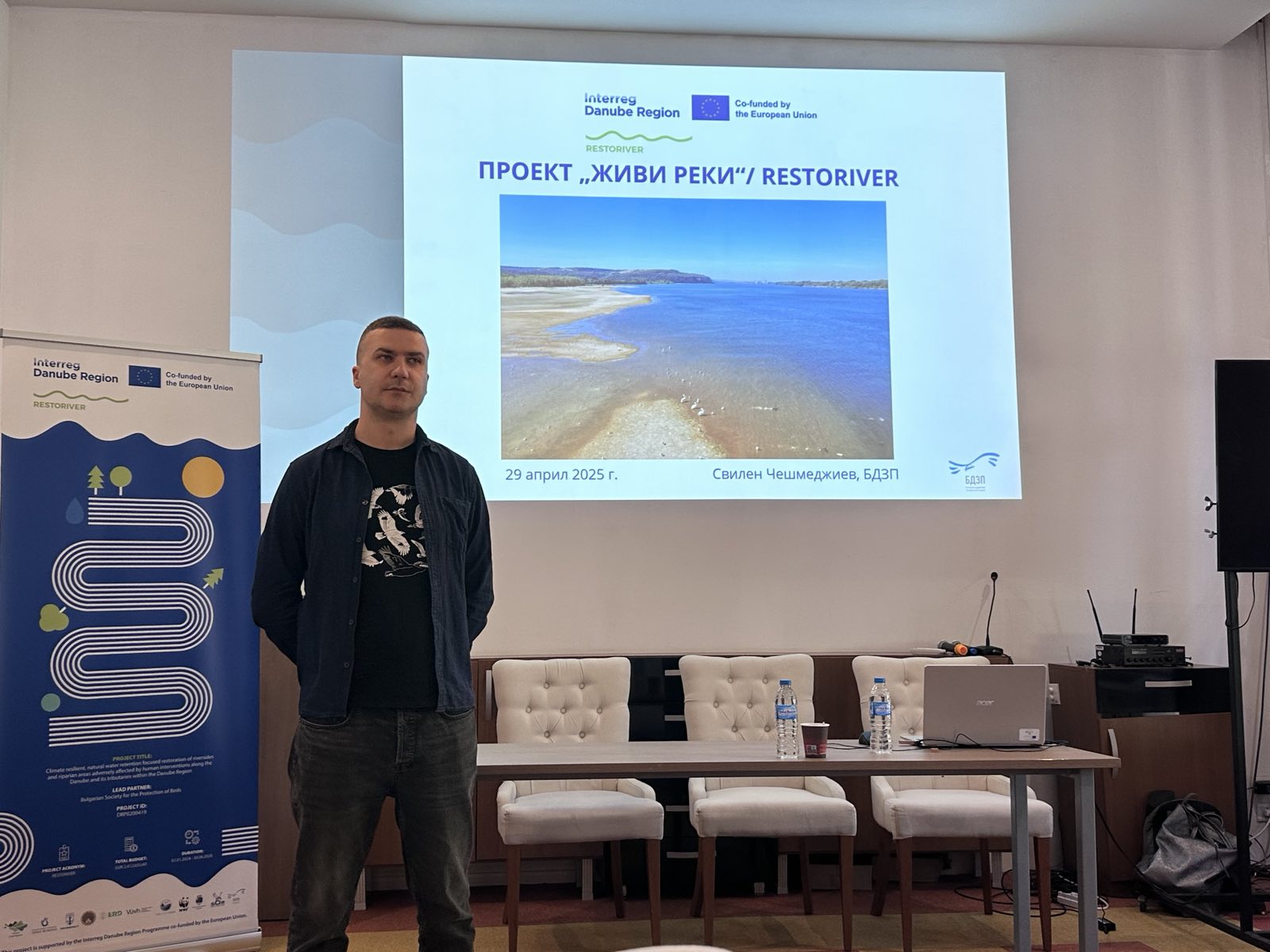The second project meeting - Sombor, Serbia
The beginning of October was marked by the second meeting of the RESTORIVER project consortium. The first project meeting was held in March this year in Budapest, Hungary. This time, most of the project partners and associated partners took part in the two-day conference, held in Sombor, Serbia, starting on the 8th of October. As the project is approaching the end of the first year of implementation, many steps and processes were to be discussed.
The first day of the conference was dedicated to the finalized steps and activities, as well as the communication and awareness part of the project. As one of the project goals is to improve climate awareness and adaptation skills of stakeholders of riversides and riparian wetlands and to raise awareness of the general public, the first day ended with a lot of new ideas and solutions.
The second day of the conference dealt mostly with the pilot areas of the project partners. The RESTORIVER project covers six pilot areas that will be used for the implementation of natural water retention measures (NWRM), which have the potential to provide multiple benefits to those areas and wider, including flood risk reduction, water quality improvement, groundwater recharge and habitat improvement. The pilot areas we are covering are: the Danube side arm system and its floodplain near Bratislava in Slovakia, the Danube floodplains south of Budapest in Hungary, Maksimirac in Zagreb, Croatia, Dondo sidearm in Serbia, Prista Park’s riverbank in Bulgaria and Zaghen area in Romania.
The second day of the conference also included a field visit to the Eco Centre Karapandza in the Upper Danube Nature Reserve, where project partners were able to see the amazing Danube with all of its rich biodiversity and local culture. That was undoubtedly the best way to finish this conference and visit.
The main aim of the RESTORIVER project is to increase climate adaptation capacities of riversides and riparian areas – potentially reducing the risk of droughts, floods and heatwaves – by harmonizing, adapting and connecting higher-level water management, climate and flood protection policies with local interventions, effectively serving complex, transnational water and climate adaptation systems and stakeholder networks.
To meet these ambitions, the project joins water management, climate and nature conservation policy and knowledge institutions along the Danube and its tributaries, which explore multiple climate-related, social, economic and ecological benefits of natural water-retention measures (NWRM) and target key stumbling blocks of their Danube basin-wide application, identify and design feasible, high impact interventions, and implement pilot actions to test climate resilient approaches with the highest demonstration potential.
The RESTORIVER project is an Interrged Danube Region Programme project, co-funded by the European Union.
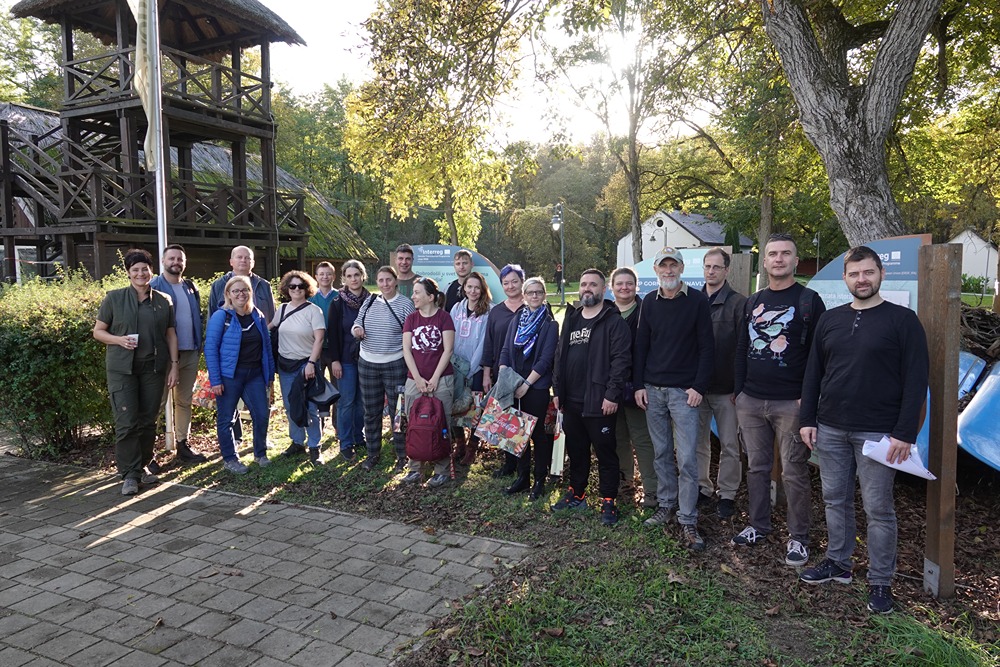
News & Events
Read the most recent updates and explore the upcoming events.

